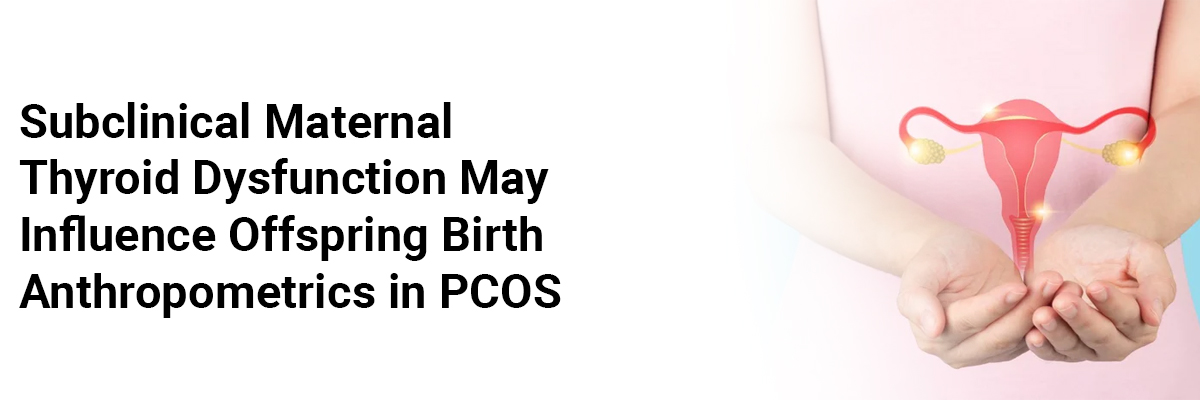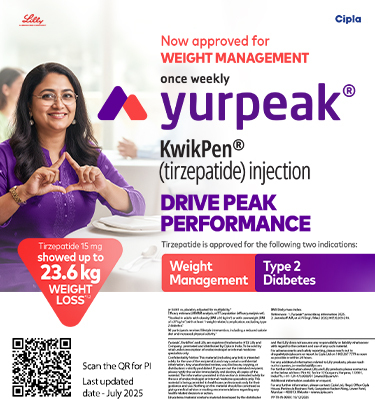
Subclinical Maternal Thyroid Dysfunction May Influence Offspring Birth Anthropometrics in PCOS
Polycystic ovary syndrome (PCOS) and
thyroid disorders are both associated with adverse pregnancy and neonatal outcomes,
and even minor variations in thyroid function within the normal range can
impact fetal growth. A new study investigated the relationship between maternal
thyroid function and newborn anthropometrics in PCOS and explored the potential
modifying effect of metformin.
This study entailed a post-hoc analyses of
two randomized controlled trials (RCTs) where pregnant women with PCOS were
assigned to either metformin or placebo from the first trimester to delivery.
Maternal serum levels of thyroid-stimulating hormone (TSH) and free thyroxine
(fT4) were measured at gestational weeks (gw) – 5-12, 19, 32, and 36 in
singleton pregnancies. Offspring mean z-scores of birthweight, birth length,
and head circumference were calculated. Associations between maternal thyroid
parameters and offspring anthropometrics, as well as outcomes such as large for
gestational age (LGA) and small for gestational age (SGA), were analyzed using
linear and logistic regression models, adjusting for body mass index (BMI) when
relevant.
The results from 309 singleton pregnancies
revealed that maternal fT4 at baseline was negatively associated with birth
length. Additionally, changes in fT4 during pregnancy positively correlated
with z-scores of both birth weight and length, regardless of the treatment
group. TSH at baseline and at gw19 was inversely associated with LGA, while an
increase in TSH during pregnancy was positively associated with LGA. Inverse
associations were found between baseline TSH and SGA and between changes in fT4
and SGA in the metformin group. Meanwhile, there were no associations between
maternal thyroid function and newborn head circumference.
It was inferred that in women with PCOS, higher maternal fT4 during early pregnancy and a greater fT4 decline during pregnancy were associated with lower birth weight and shorter birth length of the offspring. Higher mid-gestation TSH and a smaller increase in TSH during pregnancy were linked to a reduced risk of LGA. Moreover, subclinical variations in maternal thyroid function may influence the birth anthropometrics of offspring from women with PCOS. These findings suggest an interaction between maternal thyroid function and the placental environment, which is important for birth anthropometrics and the risk of adverse growth outcomes. Future studies are necessary to confirm these results and explore the underlying mechanisms of these associations.
Source: Trouva
A, Alvarsson M, Calissendorff J, et al. Front Endocrinol (Lausanne).
2024;15:1388473.















Please login to comment on this article